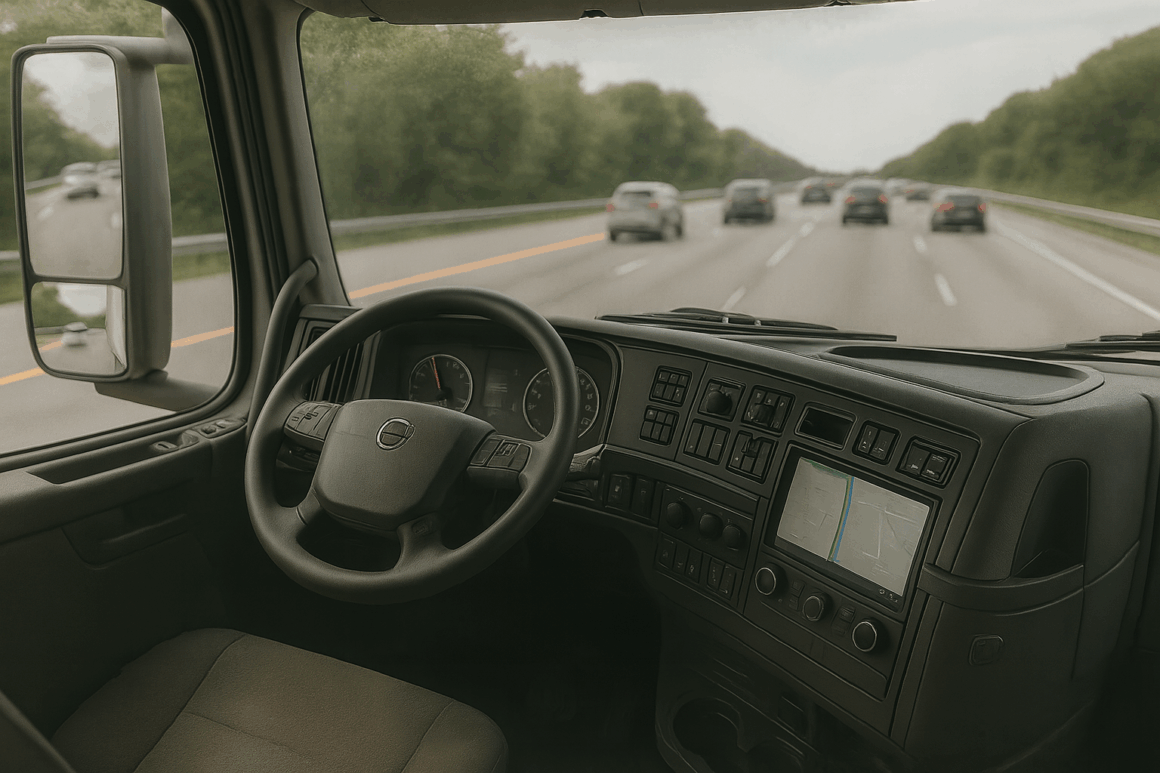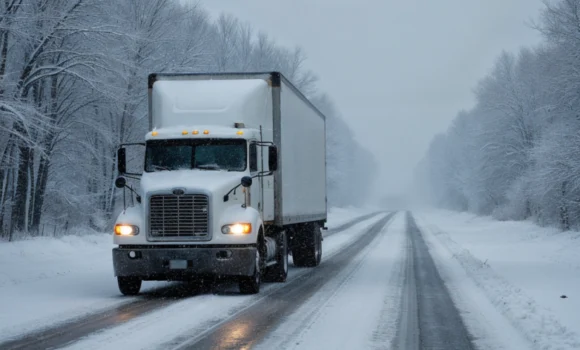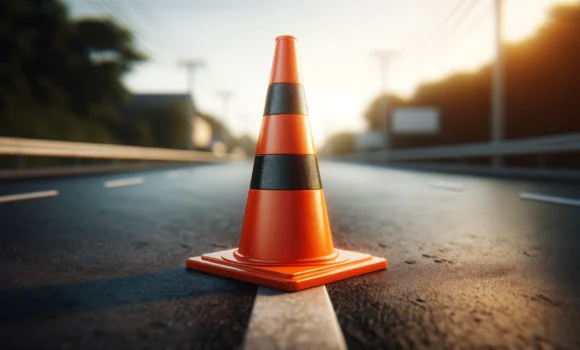How Dangerous Are Self-Driving Trucks? The Legal Gray Areas of Autonomous Trucking
What Every Accident Victim Needs to Know About Liability, Risks, and Their Legal Rights

Self-driving trucks are no longer a futuristic concept. Major companies are actively testing and deploying autonomous freight vehicles across U.S. highways. While the potential benefits include increased efficiency, reduced driver shortages, and lower transportation costs, the rise of autonomous trucking also raises serious safety concerns.
When a self-driving truck is involved in an accident, determining who is liable can be complex. Traditional liability models based on driver negligence may not apply, leaving accident victims uncertain about their legal options. In this article, we examine the risks of autonomous trucking, the evolving legal landscape, and what victims should know if they are injured in a self-driving truck accident.
How Do Self-Driving Trucks Work?
Self-driving trucks use a combination of artificial intelligence, sensors, cameras, radar, and GPS technology to navigate roads without human intervention. Many trucks operate at Level 2 or Level 3 automation, meaning a human driver must still monitor the vehicle and take over in emergencies. However, fully autonomous Level 4 and Level 5 trucks are being tested and could soon operate without a driver.
The Safety Risks of Self-Driving Trucks
While automation aims to reduce human error, it also introduces new types of risks that could lead to serious accidents:
- Software and Sensor Failures: Autonomous trucks rely on software to make split-second decisions. A malfunction or incorrect data interpretation can result in crashes.
- Inability to React to Unpredictable Situations: AI struggles with complex, real-world driving scenarios, such as road construction, sudden weather changes, or human-driven vehicles making erratic moves.
- Cybersecurity Threats: Autonomous trucks can be hacked, posing risks of remote takeovers or system shutdowns.
- Mechanical Failures: While AI can monitor vehicle health, physical parts still break down, requiring human intervention.
According to the National Highway Traffic Safety Administration (NHTSA), autonomous vehicle crashes increased by 200% from 2020 to 2022, with many incidents linked to sensor failures and miscalculations. (NHTSA Report)
Who is Liable in an Autonomous Truck Accident?
Liability in self-driving truck accidents is more complex than traditional truck crashes. Potential responsible parties include:
1. Trucking Companies
Companies deploying autonomous trucks are responsible for ensuring their vehicles operate safely. If they fail to properly test, maintain, or monitor the AI system, they can be held liable.
2. Technology and Software Providers
Autonomous trucking systems are developed by companies like Tesla, Waymo, and Aurora. If a software bug, algorithmic flaw, or sensor failure causes a crash, the manufacturer may bear responsibility.
3. Truck Manufacturers
If an autonomous truck’s physical components—such as brakes, tires, or engine controls—fail and contribute to an accident, the manufacturer may be liable under product liability laws.
4. Human Supervisors or Safety Drivers
Many semi-autonomous trucks still require human oversight. If a safety driver fails to intervene in a dangerous situation, they may share liability for negligence.
5. Government and Regulatory Bodies
If lax safety regulations allow unsafe autonomous trucks on the road, victims may be able to file claims against the responsible agencies.
How an Attorney Can Help Victims of Self-Driving Truck Accidents
Because autonomous vehicle laws are still evolving, accident victims may face unique legal challenges when pursuing compensation. A skilled attorney can:
- Investigate software logs and black box data to determine the cause of the crash.
- Identify all liable parties, including trucking companies, software providers, and manufacturers.
- File product liability claims if a software or hardware defect caused the accident.
- Challenge corporate defenses that attempt to shift blame onto AI limitations or human error.
Future Regulations and Legal Uncertainty
The legal landscape for self-driving trucks remains uncertain, with lawmakers and courts still determining how liability should be assigned. Key debates include:
- Should trucking companies be strictly liable for autonomous truck accidents?
- Should AI decision-making be held to the same legal standards as human drivers?
- Should victims be allowed to sue software developers directly?
The Safe Roads and Automation Act, currently under review in Congress, aims to set clearer liability standards for self-driving trucks. However, until uniform laws are established, accident victims may face an uphill legal battle.
Know Your Rights After an Autonomous Truck Accident
The rise of self-driving trucks introduces both promises and perils for road safety. While automation may reduce some human errors, it also creates new legal and technological risks that must be addressed.
If you or a loved one has been injured in an accident involving an autonomous truck, do not assume liability is straightforward. At Strong Law P.C., we specialize in holding trucking companies, manufacturers, and software developers accountable for self-driving truck accidents. Contact us today for a free consultation to explore your legal options and secure the compensation you deserve.
Tell Us About Your Case
Contact us today at (417) 887-4300 or online to arrange your free case evaluation. Our Experienced Trial Attorneys will walk you through your legal options.


